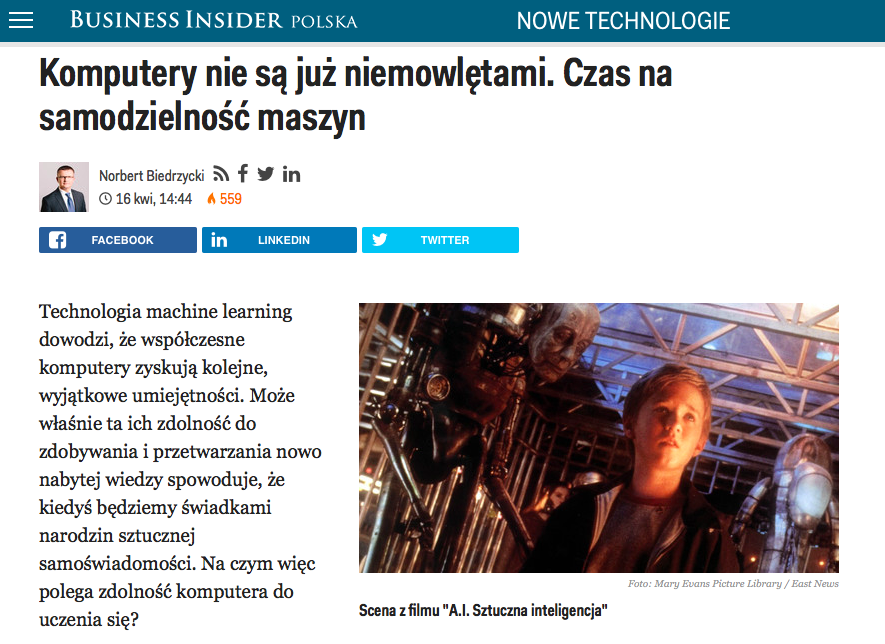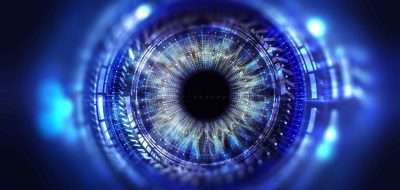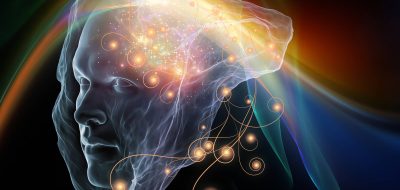My article in BUSINESS INSIDER published 17th of April 2017.
Machine learning, or limited self-sufficiency
Machine learning is a field positioned on the borderline between mathematics, statistics and programming, i.e. information technology. Its goal is to create complex algorithms capable of reaching optimal decisions and, even more importantly, continuous self-improvement. The algorithms that underpin machine learning are specific and highly sophisticated. By and large, they rely on a dynamic model that processes inputs (data) to make specific decisions. What is significant is that such algorithms have the ability to “self-learn” as they actively process the datasets that are entered. However, the entire mechanism has one serious limitation. And that is, as the computer executes its tasks, it draws on experience of the “supervisor”. What it means is that man – a programmer, operator or teacher – critically influences the way information is processed. His or her job is to support the machine by entering data batches, manually checking the conditions that result from analyses and remove system blockages. The computer’s self-sufficiency therefore continues to be limited as it depends on an expert. The general consensus is that the first people to witness machine learning were the IBM experts who tried to develop algorithm to help chess players improve their game. A landmark along the path came with the development of the Dendral IT system at Standford University in 1965 which automated chemical analyses. It is now recognized that the research led to the first computer-discovered compounds. …
Link to the full article (in Polish)
Related articles on my blog:
– According to our computers … You don’t exist
– What a machine will think when it looks us in the eye?
– Fall of the hierarchy. Who really rules in your company?
– Blockchain has a potential to upend the key pillars of our society
– On TESLA and the human right to make mistakes







